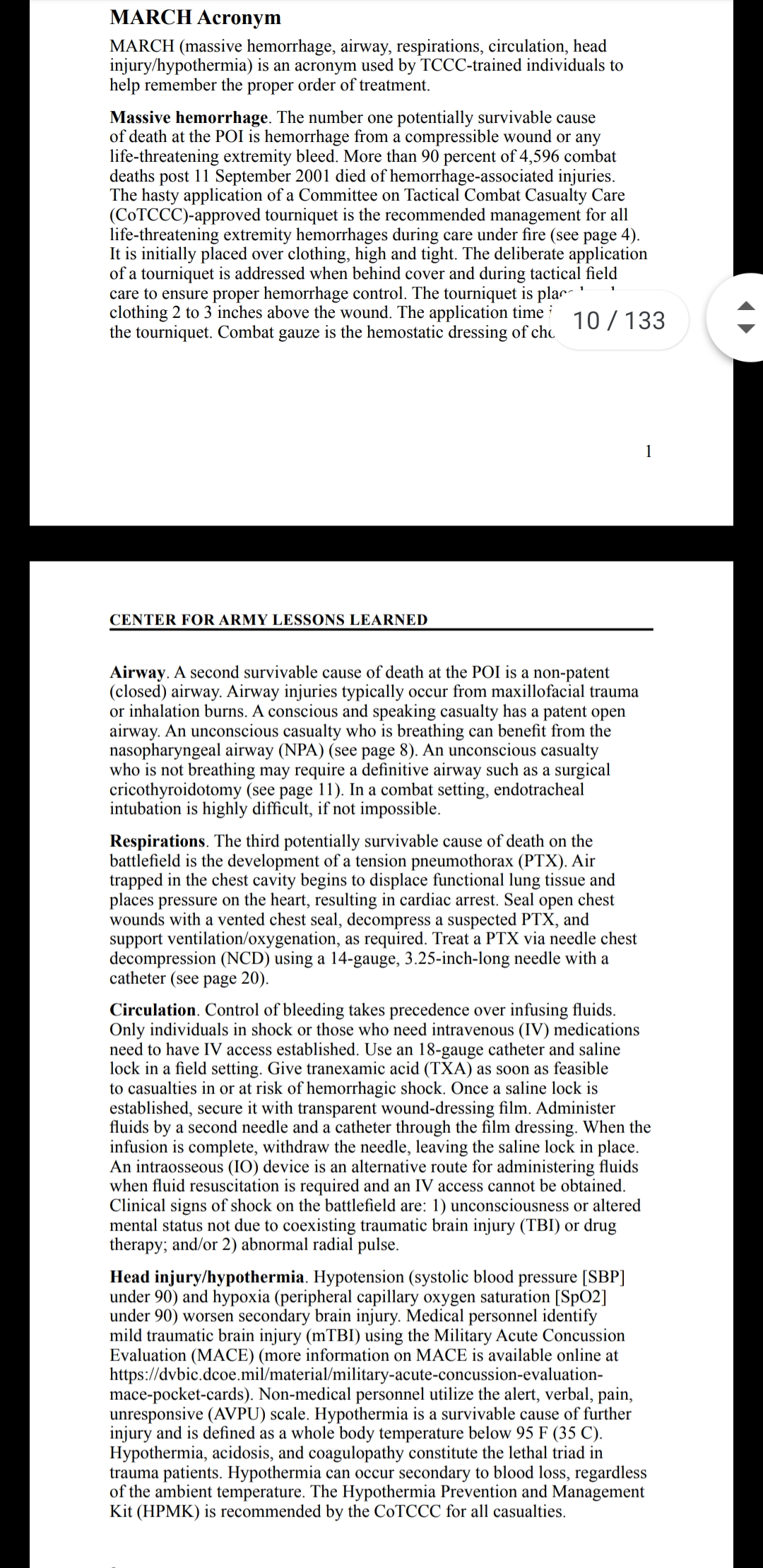.. TQ placement in the prehospital environment happens pretty regularly.
Uh, if that’s the case, there’s some serious reconsideration that needs to occur.
ETA: allow me to expound; tourniquet use is only indicated in when a vascular bleed is present. Even then, direct pressure is likely to be as effective in most cases. Having said that, there was study done here in Texas a few years ago on tourniquet use. The cohort was vascular bleed patients, so a small group and something like 1 in 6 of that group was treated with tourniquet by a first responder. Of that smaller group, a larger percent survived.
What was as important, if not more so, was the time it took to stop the bleed. The quicker someone started to stop the bleed with an effective method the more likely a patient was to survive.
Last edited:

.png)
.png)





